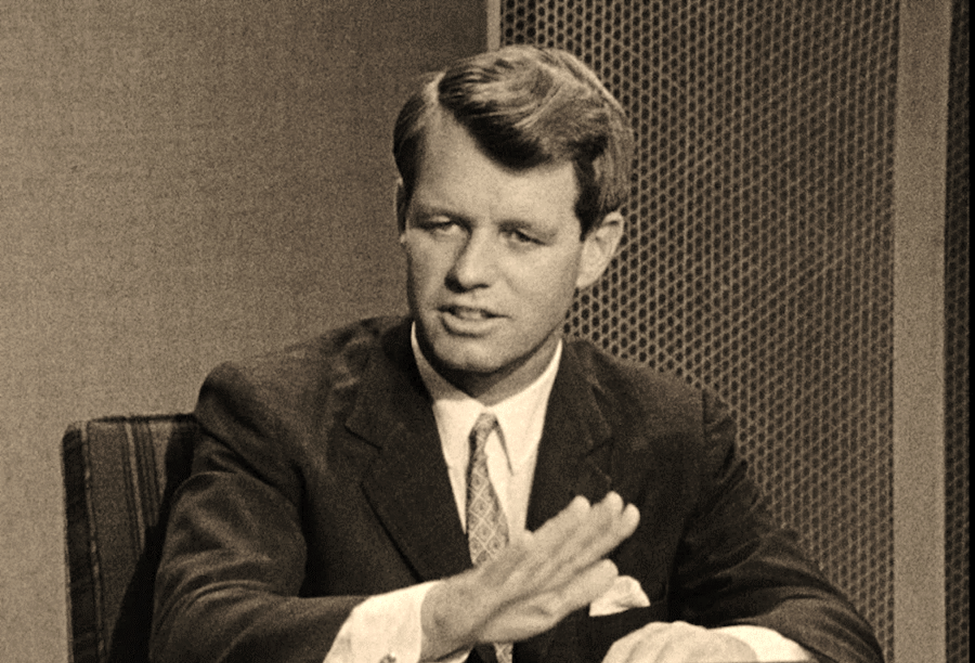And Teaching Moments for the Future
I am teaching a survey class on world religions. My class has students whose backgrounds are mostly in Christianity, Islam, and Hinduism. Some of my class believe what their various faiths believe. Others, while having some background in one of those faiths, they have some questions or reservations about theological issues. Some of the class aren’t into any religion and merely want to learn.
Their midterm consisted of an essay about how religions develop theological mindsets. Each faith emerged in a particular culture and society. Therefore, religions reflect the times in which they developed. The older the religion was the older are their notions about reality.
I gave my class some examples over the semester and also on the midterm regarding various religions being locked into the past. For example, the Earth isn’t flat and isn’t the center of the universe, women aren’t second class, the LGBT community aren’t sinners, various foods aren’t unclean, etc.
Now, it is understandable that the Abrahamic religions, Judaism, Christianity, and Islam predated science as we know it. However, it is extremely difficult for religions to adapt and modify their theology. Once theological beliefs are codified and accepted as divine truth, those that disagree with those beliefs are deemed heretics.
In 1633, Galileo faced an inquisition by the Roman Catholic Church for his conjecture that we live in a heliocentric solar system. The Protestant church had issues with witches in Salem, MA. They also had a problem with a high school teacher in Dayton, TN. He had discussed evolution in his class, which resulted in the Scopes' Monkey Trial in 1925.

Therefore, the midterm assignment was that each student would be a founder of a new religion. Each student was to name their religion and outline its theological stance on issues.
Since we live in 2021, we have a great deal of science along with a lot of other things like the Internet, access to global and space travel, Facebook, etc. On the downside, we have pollution, racism, sexism, etc. Therefore, their religions would reflect the world in which we live.
Their midterm was a teaching moment about how old religious beliefs are reluctant to change and modify their theology. Most wars in human history are directly or indirectly tied to religious beliefs. Religions will kill others from other religions, or they will kill those within their faith that deviate from the truth.

There is an additional teaching moment, which addresses the question of how each student’s new religion will modify beliefs over time. How will their religions adapt to changes in societies in 3031 or 4021?
George Santayana warned us, “Those who cannot remember the past are condemned to repeat it.”
Bobby Kennedy added this statement, “The gross national product does not allow for the health of our children, the quality of their education, or the joy of their play…It measures neither our wit nor our courage; neither our wisdom nor our learning; neither our compassion nor our devotion to our country; it measures everything, in short, except that which makes life worthwhile.”
Follow @mountain_and_me









